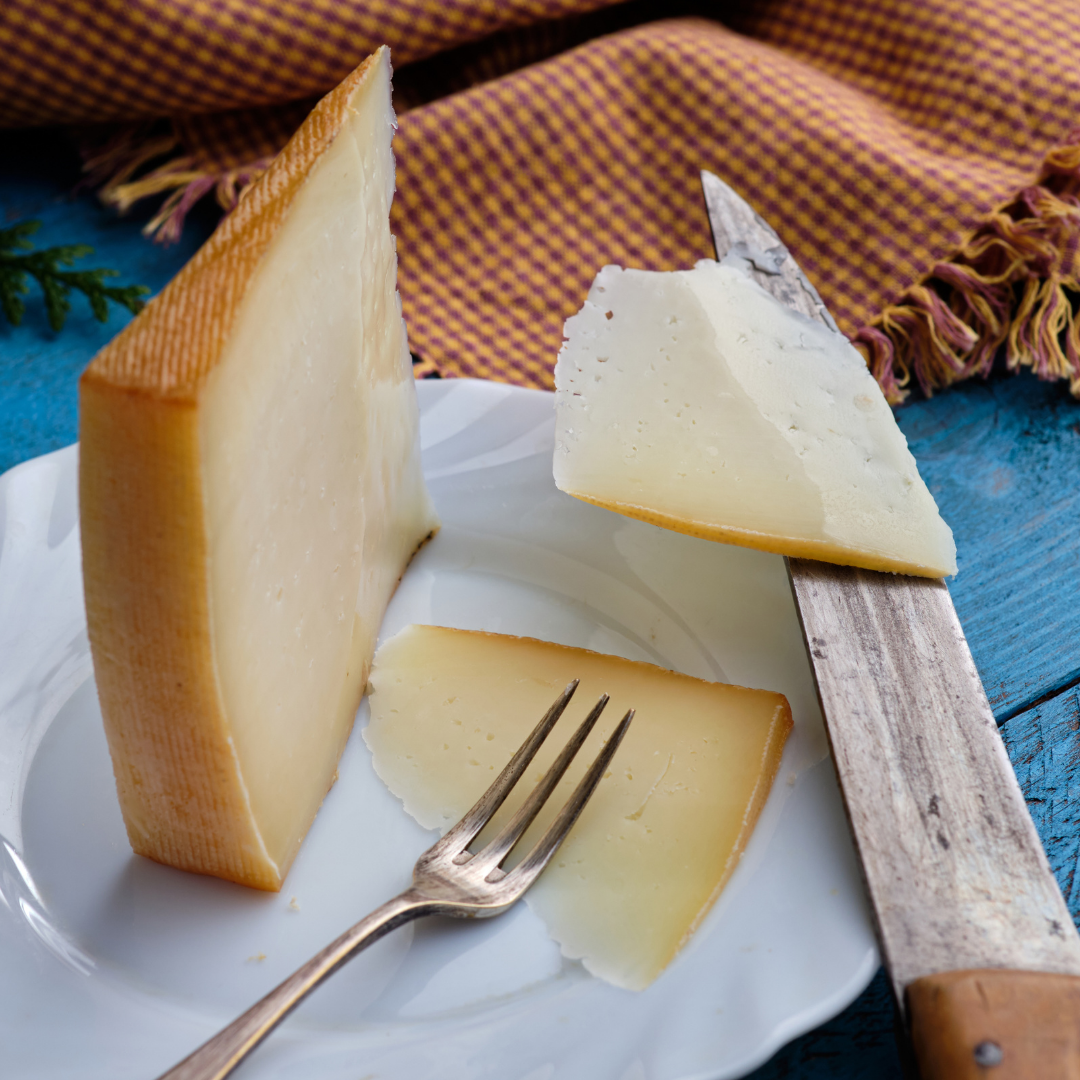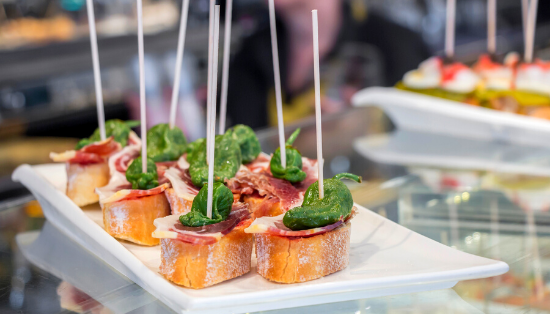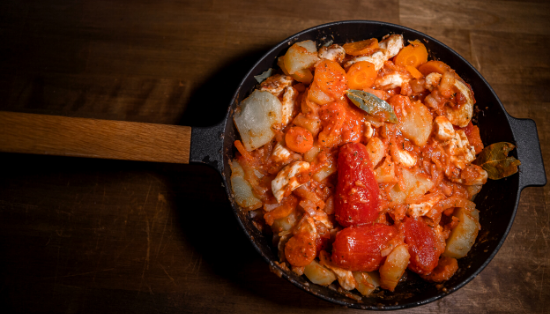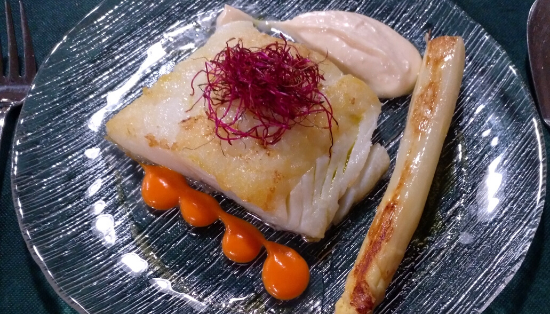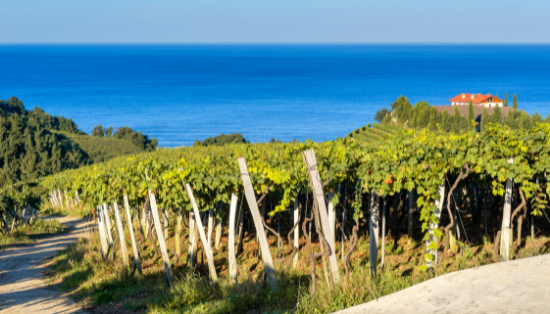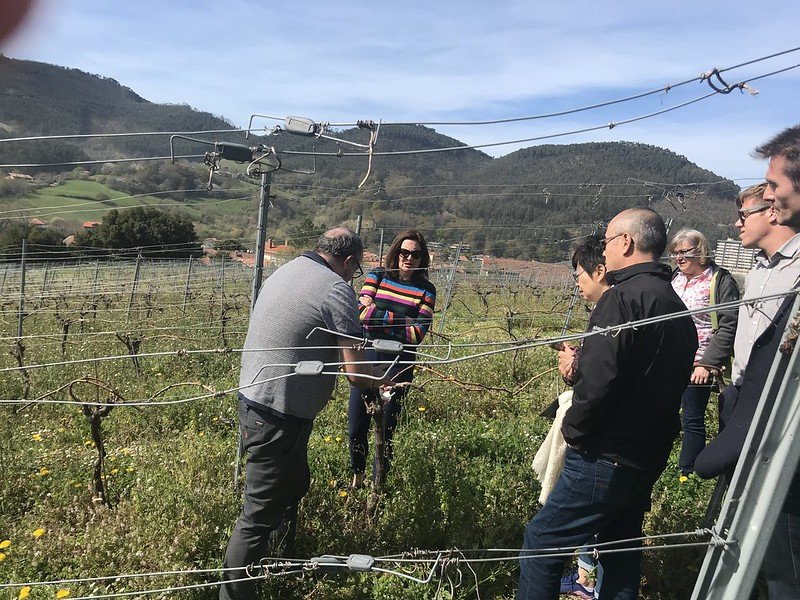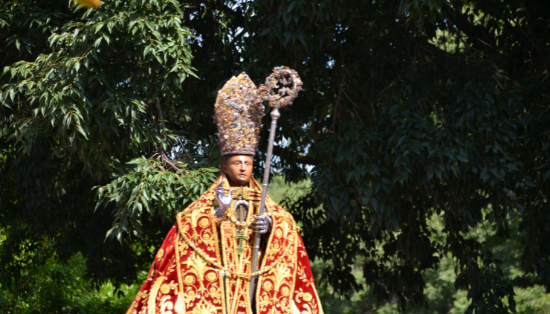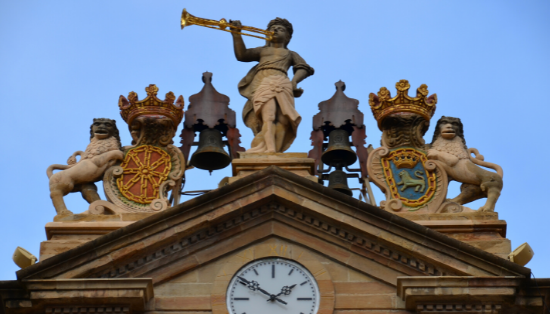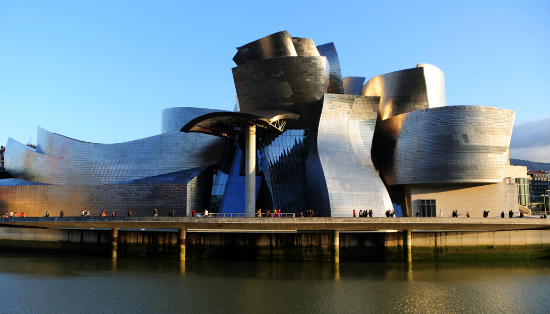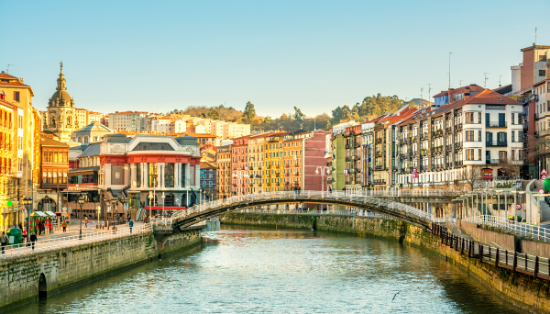The Rich Culture of Basque Country
Carol Wolniakowski
Originating in Northern Spain and Southern France, the Basque people comprise one of the oldest ethnic groups in Europe, dating as far back as 5,000 years. Centuries ago they were seafarers and farmers, believed in fascinating mythology, and spoke a unique language called Euskara, mysteriously unrelated to any other languages of Europe. Today, Euskara is spoken by less than 1/3 of Basque people, yet much of their culture and traditions still thrive - especially their cherished culinary traditions.
Food is King in Basque Country
The Basque people are fiercely passionate about food. With more Michelin-starred restaurants per capita than almost anywhere else, the Basque region is renowned for cutting edge cuisine while maintaining their rich culinary traditions. Perhaps the most famous of these traditional foods is pintxos (Basque tapas). These tiny finger foods, historically served with a slice of bread, are the essence of Basque cuisine with both classic options like tortilla de patatas (potato and onion omelette) and mini haute cuisine experiments. The chefs who create them are typically competitive in nature, making nearly every bite at every pintxos bar (traditionally visited on a crawl) a mouthwatering experience.
And then there are the sagardotegi (Basque cider houses), where cider flows powerfully from giant barrels. Here you will find multi-course menus with cod fish, a giant steak, and walnuts with local cheese and quince paste.
The Basque region is renowned for its Idiazábal cheese made from rich, unpasteurized sheep's milk. It is similar to the popular Manchego but is typically made from the milk of alpine Latxa sheep, whose milk is rich and buttery. It also tends to be lightly smoked, in a nod to its history of drying in the farmers’ chimneys. Idiazábal is so special that it protected by the Spanish Denominación de Origen (DOP) and European Protected Designation of Origin (PDO) regulations, stipulating how it should be produced. You can actually become a shepherd for the day and make your own cheese! Click here to read more about this incredible experience.
A Lively Wine
The Basque hills are alive with grapes that produce Txakoli (pronounced "chock-oh-lee"), a refreshing dry white wine with a hint of effervescence. Txakoli, also known as Txakolina, is a fantastic wine for food, with high acidity to cleanse your palate. You will find aromas and flavors of lime, underripe strawberry, dried herbs, flowers and perhaps a hint of salinity. It's low alcohol makes it easy to pair with many dishes, and it goes especially well with seafood, fried snacks and of course pintxos!
While nearly all Txakoli is made from white Hondarrabi Zuri grapes, you may occasionally see some red Txakoli made from Hondarrabi Beltza grapes, or even a rare rosé or sparkling wine. Grown along the idyllic hillsides near the Cantabrian Sea, the vines are often trained high off the ground to avoid mold and mildew from the wet climate. All that rain may complicate grape growing, but it makes for stunningly gorgeous scenery!
Shape Shifters and Goddesses
Though Basque mythology was largely overtaken by Christianity, some Basques still believe in the legends of the “old country,” in which Lurra (the Earth) is the center of the universe. Some of the most important mythological characters are Ama Lurra (Mother Earth), the goddess Eguzi Amandrea (Grandmother Sun) and Ilargi Amandrea (Grandmother Moon). Mari is the Mother Goddess of Old Europe and personifies natural phenomena as well as all the animals. Other mythological characters include Olentzaro, a charcoal maker who, much like Santa, delivers presents to children on Christmas by way of their chimneys; Sorgin, a wicked witch who can shapeshift into animals; and Lamia, a beautiful mermaid-like creature.
Sports and Leisure
If the culture thus far sounds exotic, you’ll recognize this next centuries-old Basque tradition, held annually about an hour south of San Sebastián in Pamplona: the running of the bulls. A weeklong celebration honoring St. Fermin, Pamplona’s patron saint, this festival has attracted hundreds of thousands of thrill seekers who want to be a part of the dangerous spectacle. The practice began simply as a way to herd bulls from their corral to the bullfighting ring. Later it was adopted into the festivities of St. Fermin’s festival, which today includes a pyrotechnic rocket launch known as txupinazo, processions, a noisemaking event called El Struendo (The Roar), a parade, and traditional Basque sports including aizkolaris (wood chopping) and harri-jasotze (stone lifting). Pelota (Basque hand ball) is perhaps the most competitive activity among the Basque people today and creativity flows at bertsolaris, improvisational Basque musical poetry slams.
Visiting Basque Country
As you can see, the Basque Country has a rich culture that every food and wine lover must explore. The cities of Balbao and San Sebastián are incredible destinations in their own right and can be a fantastic base for exploring the area. The Rioja wine region is also nearby, making Northern Spain an incomparable experience for oenophiles.
A visit to Basque Country is a phenomenal add-on to a trip to Bordeaux, located just a couple of hours away by train. In fact, it is one of the pre-cruise excursions offered on the wine cruise I am hosting July 7-14, 2022 on AmaWaterways! Spend two nights in Bilbao and two nights in San Sebastián eating and drinking your way through Basque country before boarding your luxury cruise in Bordeaux. Click here to learn more!


